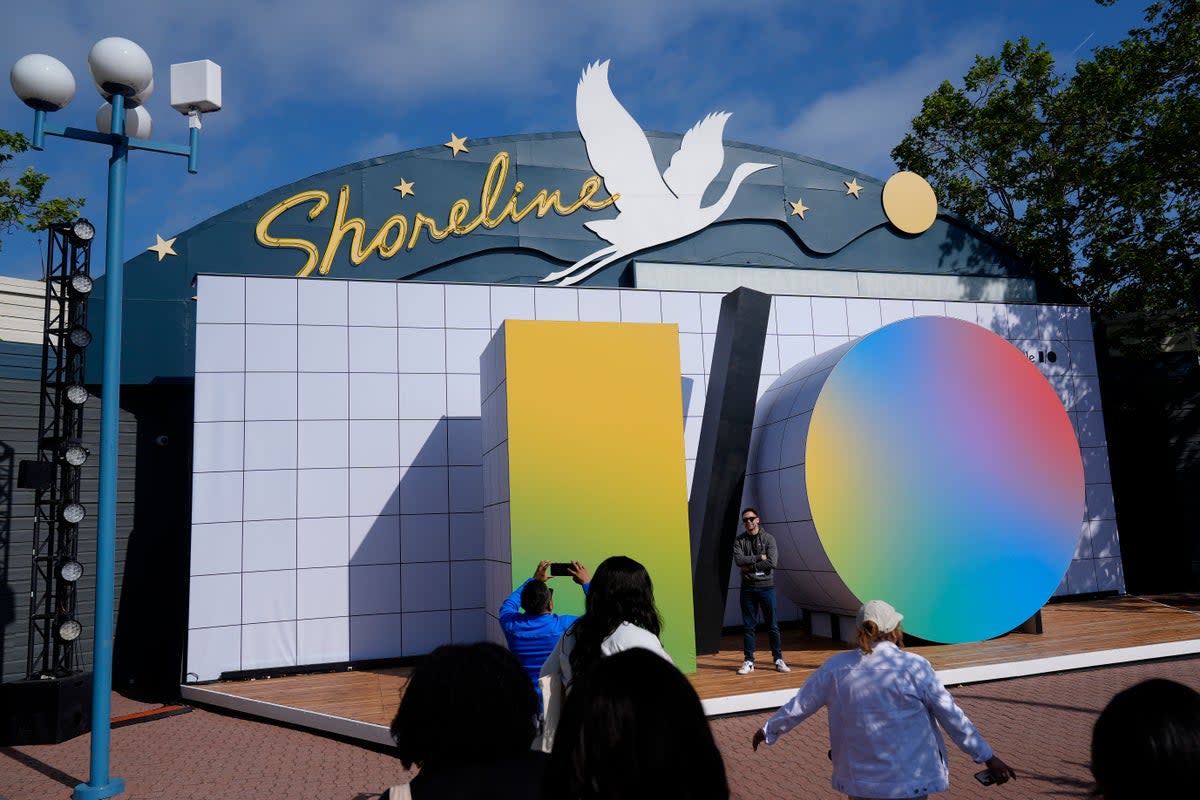Google unveils ‘future of AI’ at I/O event

Google has announced a slew of new artificial intelligence products amid intense competition from its rivals.
At its annual Google I/O developer conference in California on Tuesday, the tech giant showed how AI is being integrated into its platforms – from Search to Gmail – and unveiled what it claims is the future of AI assistants in a major new system called Project Astra.
Google DeepMind boss Demis Hassabis said the new chatbot uses its memory to understand context and take actions, while also being “proactive, teachable, and personable” for natural conversation.
“Getting response time down to something conversational is a difficult engineering challenge,” he said.
“These agents better understand the context they’re in and can respond quickly in conversation, making the pace and quality of interaction feel much more natural.”
During a demo of the technology, Google also briefly showed off a pair of AI-powered augmented reality (AR) glasses, though no further details were provided.
Google also unveiled new generative AI products for images, music and video that can create content from simple text commands.
Google said the announcements formed part of what it calls the “Gemini Era”, referring to its chatbot that it hopes can rival OpenAI’s ChatGPT.
Its Gemini AI is multimodal, meaning it can understand text, image and audio input – similar to OpenAI’s latest GPT-4o model that was unveiled on Monday.
“We’ve been investing in AI for more than a decade,” said Google CEO Sundar Pichai. “Still, we are in the very early days of AI. We see so much opportunity ahead: for creators, for developers, for startups, for everyone.”
The event comes amid warnings about how artificial intelligence could profoundly disrupt the economy and workforce, leading to both greater productivity and inequality.
The managing director of the International Monetary Fund (IMF), Kristalina Georgieva, said on Monday that AI would hit the labour market “like a tsunami”.
She said AI could impact 60 per cent of jobs in advanced economies in the next two years, adding: “We have very little time to get people ready for it, businesses ready for it.
“It could bring a tremendous increase in productivity if we manage it well, but it can also lead to more misinformation and, of course, more inequality in our society.”


